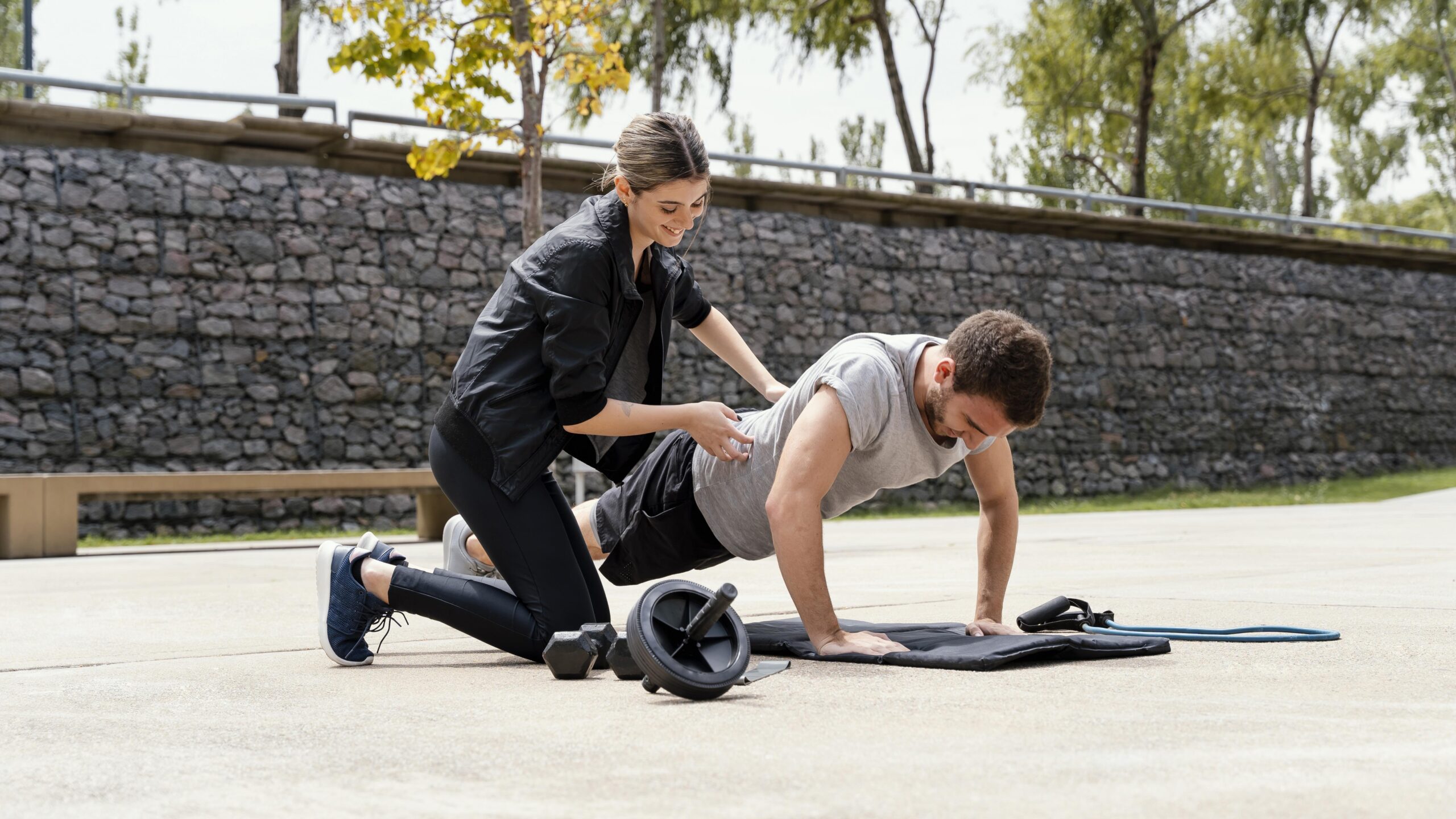For athletes, few things are more frustrating than being sidelined by an injury. Whether it’s a sprained ankle, a muscle tear, or a chronic condition that flares up during training, injuries can feel like setbacks to both performance and confidence. The good news is that with the right rehabilitation plan, athletes don’t just recover — they often return stronger, smarter, and more resilient.
That’s where physical therapy comes in. Clinics like Confluent Health specialize in sports rehabilitation, providing personalized care that targets the root cause of injuries and supports a safe, efficient recovery. Here’s how physical therapy helps athletes get back in the game.
Pain & Swelling Management
- Immediate Relief Strategies
Sports injuries often come with pain, swelling, and inflammation. Physical therapists use a combination of manual therapy, ice, compression, and movement-based strategies to manage these symptoms effectively. - Targeted Exercises for Healing
Therapists introduce gentle, controlled exercises early in the recovery process to keep blood flowing and promote healing without stressing the injured tissue. - Addressing Chronic Conditions
For athletes managing ongoing issues, such as heel or foot discomfort, physical therapy treatment for plantar fasciitis provides strategies to reduce pain and restore mobility, making it easier to train consistently. - Restoring Confidence
By reducing pain and swelling, therapy helps athletes regain trust in their bodies, encouraging them to move more freely as they recover. - Preventing Setbacks
Proper pain management reduces the temptation to return to play too early, lowering the risk of reinjury.
Accurate Diagnosis
- Pinpointing the Cause
Not all pain comes from the obvious source. A therapist’s evaluation looks at movement patterns, strength, and posture to identify the root cause of an injury. - Comprehensive Assessments
From orthopedic testing to functional movement screens, therapists use proven methods to determine what’s really happening beneath the surface. - Specialized Care for Complex Conditions
Some athletes face structural challenges, like spinal curvature. With physical therapy for scoliosis treatment, therapists create programs that improve alignment, reduce discomfort, and enhance athletic performance. - Individualized Plans
Every athlete is unique. A soccer player’s knee injury, for example, requires a very different approach than a runner’s stress fracture. Therapy ensures treatment is personalized, not one-size-fits-all. - Long-Term Insights
Accurate diagnosis doesn’t just help you recover — it provides insight into how to move smarter, train better, and avoid similar injuries in the future.
The Role of Occupational Therapy in Recovery
- Rebuilding Everyday Function
Sports rehab isn’t just about game performance — it’s also about regaining comfort in everyday life. Occupational therapy supports athletes in performing daily activities without pain, making the transition from rest to play smoother. - Complementary to Physical Therapy
While physical therapy focuses on movement, occupational therapy emphasizes functional skills. Together, they provide a comprehensive recovery approach. - Addressing Emotional & Mental Health
Being sidelined can take a toll mentally. Occupational therapy helps athletes re-establish routines, manage stress, and stay motivated during recovery. - Supporting Return-to-Work Needs
For athletes who juggle work with sports, occupational therapy ensures they’re ready for both environments, reducing the risk of reinjury in non-sport settings. - Building Long-Term Resilience
Combining physical and occupational therapy helps athletes not just return to play but also adapt healthier patterns that last a lifetime.
Final Thoughts
Sports rehabilitation is about more than just treating an injury — it’s about rebuilding strength, restoring confidence, and creating a smarter path forward. Physical therapy provides the hands-on care, accurate diagnosis, and targeted strategies athletes need to return to peak performance.
If you’re recovering from a sports injury, don’t leave your progress to chance. Clinics like Confluent Health offer comprehensive rehab programs, from pain management to advanced movement training, ensuring you get back in the game stronger than before. With expert support, recovery becomes an opportunity for growth, not just healing.
For more, visit Pure Magazine


